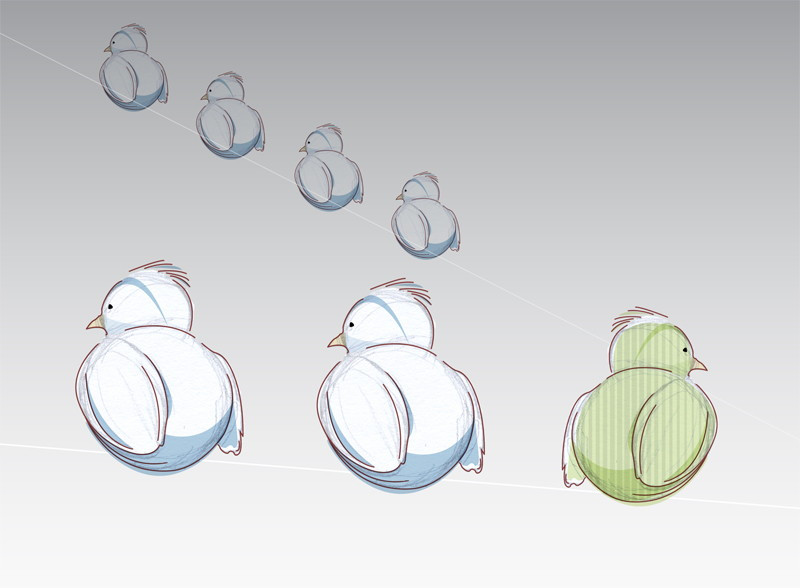The Better Voter Series: Reflections of a fringe candidate
Why it’s worth it to run beyond the mainstream
After participating in five Winnipeg mayoral campaigns, I have often been asked whether or not it was worth running.
I must admit that when I ran in my first election in 1974, I actually thought I could win and secure a seat on Winnipeg’s city council. I ran a very “professional” campaign with a campaign office, campaign manager and a staff.
Lo and behold, I finished third. Still, I realized that because I had run as a socialist candidate, I would never be elected to city council and nor would anyone else who did (except, perhaps, in the North End, where communists were getting elected until 1990).
Many people who go into politics seem to see it as a win or lose game. If you lose, you go back to your former life.
I ran as a socialist (I was radicalized in the late ‘60s during the anti-war movement) and I realized that if I didn’t continue to run as a socialist candidate – especially if there was no one else running with a socialist perspective – then citizens would not have an alternative, non-capitalist option to vote for.
But the question remains: is victory enough incentive to decide to run for mayor? The answer is no.
In my many years of running for civic office, it was important to me that my views were afforded the opportunity to be heard; in my case, I regularly made presentations at City Hall from 1971 until earlier this year. I knew the ins and outs of City Hall better than some of the mainstream candidates and, as such, was able to clearly articulate my views on civic politics. In some cases, a few mainstream candidates even altered their own platforms after being inspired by ideas I had proposed.
Even though I have always been called a “fringe candidate,” I never objected to that term because to me it meant standing outside of the mainstream of politics, which is what I considered myself to be doing.
However, running as a fringe candidate did have its drawbacks. My fringe status meant I was not allowed into some debates, such as those before the Winnipeg Chamber of Commerce. I would show up before the meeting anyway and distribute my literature until the security guards escorted me out, which created just as big a news story for me as if I had been allowed to debate.
“ I’ve always argued that every person ought to run for political office at least once in his or her lifetime in order to understand how the political process in Canada works
Being a fringe candidate and having little money and few people working for you forces you to be very creative and to do things differently. A favourite tactic of mine was to use guerrilla theatre.
Throughout my years of running for civic office, many mainstream politicians began to respect me for some of my views. Surprisingly, former mayor Susan Thompson recently suggested that a statue be built in my honour for my contribution to civic politics.
However, there are different levels of fringe candidates that run at the civic level. They range from those who run on a specific ideology to “nuisance candidates” (those that are simply running to get their names in the paper or because they are running on a weird platform, such as opposing a particular city bylaw).
However, no matter what type of candidate they are, they have the right and duty to participate in the political process. I’ve always argued that every person ought to run for political office (be it civic, provincial or federal) at least once in his or her lifetime in order to understand how the political process in Canada works.
Nick Ternette is a community and political activist, freelance writer and broadcaster who lives with his wife in McFeetors Hall Residence at the University of Winnipeg.
Published in Volume 65, Number 3 of The Uniter (September 16, 2010)








